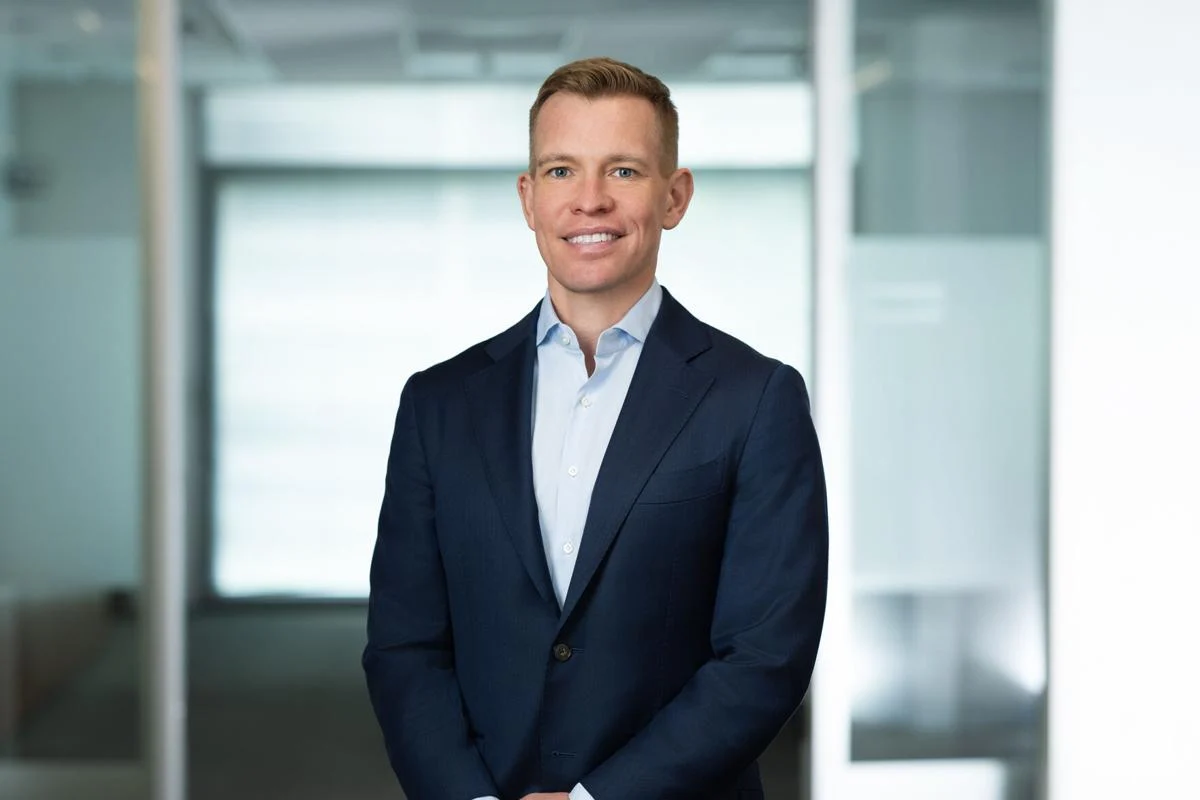
Wilson Sonsini Strengthens Energy and Climate Practice with Addition of Former FERC General Counsel Matthew Christiansen
Wilson Sonsini Goodrich & Rosati, a leading law firm renowned for its work with technology, life sciences, and high-growth enterprises, has taken a major step in bolstering its energy and climate solutions (ECS) practice by adding one of the most prominent experts in federal energy regulation. The firm announced the appointment of Matthew Christiansen as a partner in its Washington, D.C. office, where he will contribute his deep expertise in energy law, regulatory policy, and litigation to further expand the firm’s capabilities in advising clients on matters spanning the energy transition and clean infrastructure development.
Christiansen’s arrival at Wilson Sonsini comes at a critical juncture for the energy industry. With increasing pressure to decarbonize the U.S. power grid, an ever-changing regulatory landscape, and rapid growth in clean energy technologies, the need for legal professionals who understand both the nuances of energy regulation and the broader policy context is more essential than ever. Christiansen brings a wealth of experience from the highest levels of government and the legal field, uniquely positioning him to guide clients through these complexities.
A Federal Regulatory Veteran Joins Private Practice
From February 2021 to January 2025, Christiansen served as the General Counsel of the Federal Energy Regulatory Commission (FERC), the independent agency tasked with regulating the interstate transmission of electricity, natural gas, and oil. During his nearly four-year tenure, he advised two FERC chairmen—Richard Glick and Willie Phillips—on some of the most pressing legal and policy issues facing the U.S. energy system. His leadership coincided with a period of significant transformation and innovation in energy regulation, as FERC sought to align its policies with the urgent need to modernize the power grid and facilitate the energy transition.
In this role, Christiansen managed a legal team of more than 200 attorneys, overseeing all adjudicatory and rulemaking processes under FERC’s jurisdiction. He provided strategic legal advice across a range of matters, from electric transmission planning to natural gas infrastructure regulation, and played a central role in formulating policies related to interconnection and regional electricity markets. Under his leadership, FERC issued pivotal rulemakings that laid the groundwork for expanded transmission investment and more equitable access for clean energy projects to connect to the grid.
Notably, Christiansen’s time at FERC saw the advancement of landmark proposals that addressed longstanding bottlenecks in the transmission system—an issue that is increasingly critical as the U.S. strives to integrate high volumes of renewable energy while maintaining grid reliability. His work also included defending FERC’s policies in federal appellate courts, solidifying his reputation as a highly skilled litigator and policy strategist.
Strategic Legal Insight Meets Public Service Integrity
“Matt was at the center of nearly every major legal and regulatory initiative during his time at FERC,” said Doug Clark, Wilson Sonsini’s managing partner. “He brings not only unparalleled insight into the commission’s decision-making process but also a strong understanding of how federal energy policy is shaped through collaboration with stakeholders, government agencies, and the courts. His presence will be a tremendous asset to our clients, especially those navigating FERC proceedings or working to build next-generation energy infrastructure.”
Clark added that Christiansen’s experience comes at a time when energy market participants are facing increased legal and regulatory uncertainty. “Whether you’re developing a utility-scale wind farm, managing a regional transmission organization, or representing a financial investor in energy assets, today’s legal questions require someone who knows both the rules and how they’re likely to evolve. That’s Matt.”
Before becoming FERC’s top lawyer, Christiansen served as Legal Advisor to then-Commissioner Richard Glick beginning in 2017. In that role, he provided legal and policy counsel on a broad spectrum of energy issues, including wholesale electricity markets, natural gas certificate proceedings, transmission policy, and environmental considerations under the National Environmental Policy Act (NEPA) and other statutes. His work helped shape FERC’s emerging approach to market reform and climate resilience.
Christiansen initially joined FERC through its Office of General Counsel, where he gained hands-on experience in rulemaking and adjudication. He quickly became known within the commission for his clarity of thought, command of legal doctrine, and capacity to build consensus around challenging regulatory issues. His transition to Glick’s office—and later his appointment as General Counsel—marked the beginning of a period of elevated influence and impact.
Career Foundations in the Judiciary and Academia
Christiansen’s professional foundation is deeply rooted in rigorous legal scholarship and federal judicial experience. He earned his law degree from Yale Law School, widely regarded as one of the top legal institutions in the United States. Prior to that, he completed his undergraduate studies at Columbia University, where he developed a strong liberal arts background that has informed his broad understanding of public policy.
After graduating from Yale, Christiansen clerked for two federal judges: Judge Stephen F. Williams on the U.S. Court of Appeals for the District of Columbia Circuit, and Judge Jesse M. Furman on the U.S. District Court for the Southern District of New York. These clerkships placed him at the heart of legal discourse on administrative law and federal regulatory issues, and provided a strong foundation for his later work in government.
In addition to his government service, Christiansen is a respected legal scholar. His academic publications have appeared in prestigious journals such as the Harvard Law Review, Texas Law Review, and the Energy Law Journal, addressing topics such as administrative law, regulatory reform, and the legal structure of energy markets. This scholarly background enhances his ability to engage with complex legal theories and communicate their real-world implications to clients, regulators, and courts.
Building a Practice for the Energy Future
Peter Mostow, a partner and leader of Wilson Sonsini’s ECS practice, praised Christiansen for his practical experience, intellectual depth, and trusted relationships across the energy sector. “Matt has earned respect throughout the industry for his integrity, his legal acumen, and his collaborative approach,” said Mostow. “He’s worked closely with everyone from independent power producers and investor-owned utilities to clean energy trade associations and transmission developers. Those relationships—and his understanding of how the pieces fit together—will be invaluable as our clients work to deploy the infrastructure necessary for a cleaner, more reliable energy system.”
Mostow emphasized that Wilson Sonsini’s ECS practice is committed to serving clients at the intersection of innovation, finance, and public policy. “We’re not just about project permitting or transactional support—we’re about helping clients solve problems that matter to the future of energy. Matt embodies that mission.”
Christiansen’s Perspective on the Next Chapter
For his part, Christiansen expressed enthusiasm about his new role and the opportunity to continue contributing to the energy transition from a new vantage point. “I’m incredibly excited to join Wilson Sonsini,” he said. “The firm’s entrepreneurial spirit and commitment to innovation make it the ideal platform to build a next-generation energy regulatory practice. I look forward to helping clients navigate today’s increasingly complex regulatory environment while working to ensure that our energy system remains both reliable and affordable.”
He continued: “Wilson Sonsini stands out because of its integrated approach to energy, technology, and finance. Whether it’s advising a developer on transmission interconnection, helping a startup scale clean energy technology, or litigating a market rule at the D.C. Circuit, this is a place where meaningful legal work can directly impact the transition to a sustainable energy future.”
As the energy industry continues to evolve, Christiansen’s move underscores the increasing convergence of legal expertise, public policy, and clean energy innovation. With his addition, Wilson Sonsini is poised to deepen its leadership in one of the most dynamic and impactful sectors of the global economy.







